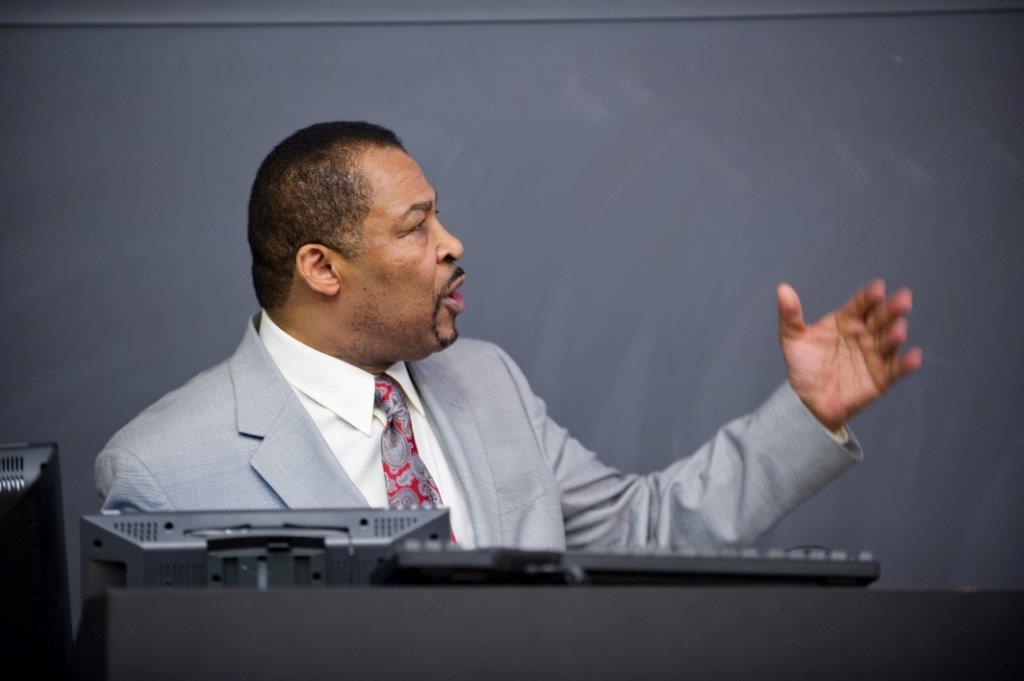Last week, August 28, 2013, fifty years after the historic March on Washington, Americans from all walks of life assembled once again at the Lincoln Memorial to pay tribute to that pivotal moment of the Civil Rights Movement. In 1963, Jim Crow oppression was deeply entrenched below the Mason Dixon Line and throughout America racism was an in-your-face overt reality. A white President lorded over the White House and the national government was lily white. All that was powerful and thought noble and beautiful was white. A Black man in Albany, Georgia wondered whether God up in heaven was a white segregationist. Life was bleak for people of color.
Yet, 1963 was a time of hope for the Negro. The Civil Rights Movement was at its zenith and Martin Luther King and the Black masses of Birmingham, Alabama had confronted Bull Connor, water hoses and attack dogs. The movement there was successful causing Black people to declare they had turned a bull into a steer, parted the Red Sea and influenced dogs to lie down as lambs. Black people throughout the nation mobilized grass roots Birmingham styled movements. A worried New England accented President told the nation that it was in the grips of a dangerous moral crisis that could only be solved by banishing racism from the land.
In 2013, formal Jim Crow is gone. People of color are to be found in high places including the majestic White House. Many white Americans believe the racial nightmare is over and King’s dream, finally, shines brightly and triumphantly from every mountaintop. At the Lincoln Memorial excitement is high today because the nation’s first Black President just stepped boldly to the exact spot where our Black Moses used masterful oratory to liberate his people and a racist nation. President Obama unleashed soaring oratory of his own. He spoke glowingly of the magnificent progress we have made but also addressed glaring racial inequalities that remain deep in the social and economic foundations of America. The President argued that we need to follow the noble nonviolent paths of those heroes of 1963. He exclaimed that back in the day, there were those who lost their way and became involved in riots that were criminal behavior disguised as protests and fueled by excuses. Obama concluded that such criminal behavior and excuses have divided our great nation. Back in 1966, King, too, said riots were the wrong way. But his analysis differed sharply from the first Black President. In King’s view, “we’ve got to see that a riot is the language of the unheard…And, what is it that America has failed to hear? It has failed to hear that the economic plight of the Negro poor has worsened over the last years.” I turned from the commemoration dazed by the essential difference between a liberator and the most powerful leader of the free world.
As I was getting ready for bed last Wednesday, my grandmother’s voice of yesteryear came in clear, softly saying, “son, tonight you make sure you pray.” I grew up as a child of the Civil Rights Movement. Each night I prayed for Jesus who was crucified on the Cross because he fought on behalf of the oppressed and for Martin Luther King, Jr who was crucified for following in Jesus’ footsteps. After listening to our President’s speech in honor of the 1963 March on Washington, I am devastated that he offered no policy recommendations for constructive change as did Kennedy and Johnson following the historic March on Washington and the 1965 March from Selma to Montgomery. Rather, our first African American President put the blame of stalled progress and America’s racial divisions at the doorstep of the victims, largely, poor African Americans. Grandmother, the prophecy I learned at your feet as you died of cancer and Mississippi Jim Crow, that one day racial justice would emerge in America, still resonates in my heart. But I would not be true, if I did not inform you, my dearest, that at the Lincoln Memorial yesterday, a part of the dream lodged deep in my heart, died.
Aldon Morris is the Leon Forrest Professor of Sociology and African American Studies at Northwestern University and the author of The Origins of the Civil Rights Movement and the forthcoming The Origins of American Sociology: The Untold Story of WEB Du Bois.
Photo: Aldon Morris from aldonmorris.com.









